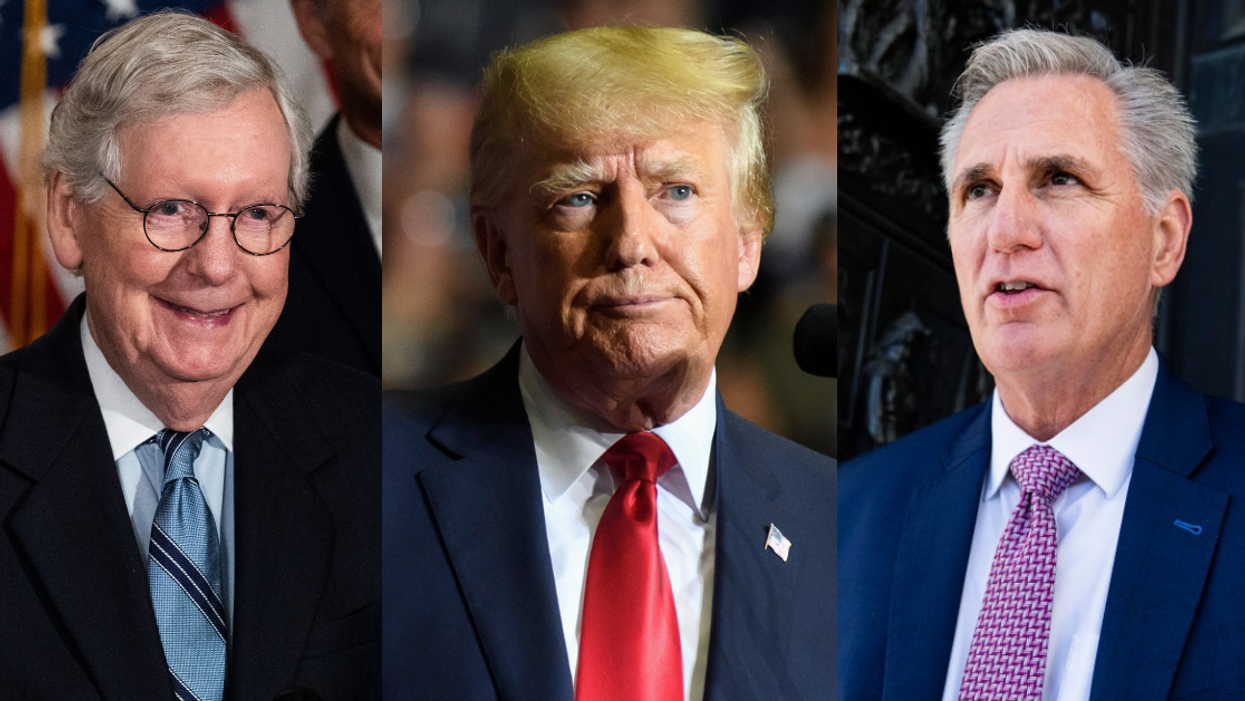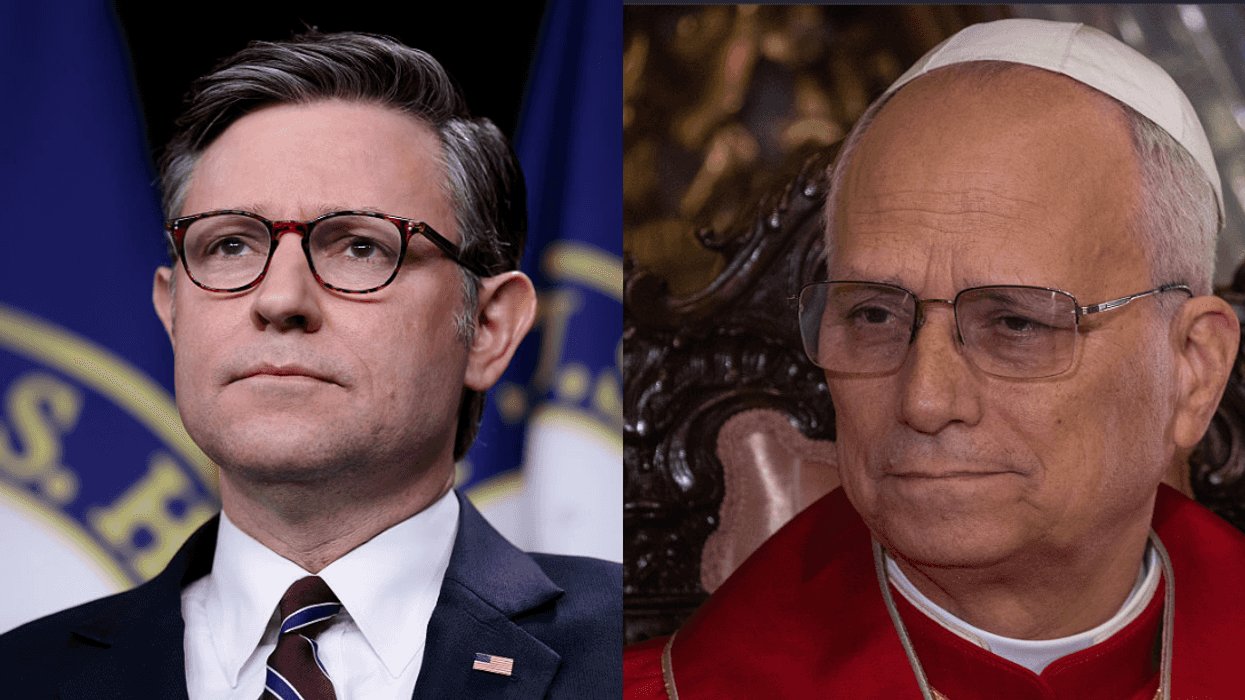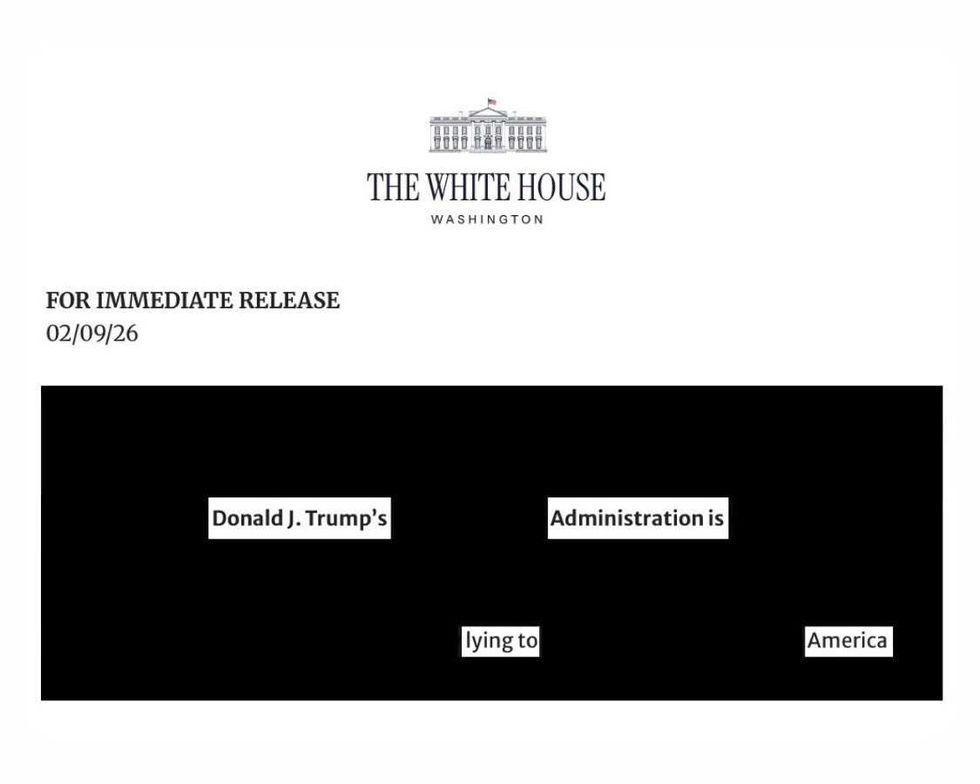These are indeed strange political times.
For most of the last fifty years, Republicans were the party associated with traditional conservative values, which the social psychologist Jonathan Haidt set forth in his discussion of the moral pillars: “authority,” “loyalty,” and “sanctity” alongside more universal notions of “care” and “fairness.”
In recent years, however, these three conservative pillars have come crashing down.
Authority
The pandemic eroded conservatives’ claim over “authority” when Americans were asked by national health experts and local authorities to care for and protect one another and keep our communities secure against the threat of the virus. But Republicans politicized the wearing of masks and the administration of vaccines.
The GOP began to rail against authority, in the form of those attempting to do their job and keep us safe. Since then, conservatives’ contempt of authority has widened, with attacks on the Capitol police on and after January 6 and calls now to defund the FBI because it, too, is doing its job.
And so it turns out, conservatives never really valued authority—unless it enforced their own rights and interests.
Loyalty
Loyalty also got a rebrand.
When most Americans think of loyalty, they think of country and perhaps of patriotic loyalty to the U.S. But today’s GOP now has chosen to place party above country, even if it means giving up democratic freedoms and rights, just to keep their man in power.
Patriotism, it turns out, once again had an asterisk.
It meant loving the country only so long as your own leaders were elected.
Meanwhile, Democrats have seen a resurgence in interest in what it means to be truly loyalty to the Constitution and the rule of law, even while Republicans demand naught but loyalty to a single demagogue.
Sanctity
Sanctity and religiosity today doesn’t mean the government simply leaves us alone to worship as we wish, which is how the framers of our Constitution wanted it.
Rather, conservatives elevate the status of only particular religious views, such as Fundamentalist or Evangelical Christianity, at the expense of secular or pluralistic society. So while we may still enjoy freedom of religion, we are no longer enjoying freedom from it.
Meanwhile, liberals have taken up the torch of sanctity by proclaiming, correctly, that human bodies themselves should remain inviolate, and that the government has no right to intrude upon the sanctity of the womb.
And as the climate crisis grows, liberals now have claimed their own sacred cause of saving the planet, on which they can now more clearly frame moral decisions around fossil fuel dependence, habitat destruction, and species endangerment or extinction.
It feels at once both odd and gratifying for liberals to find themselves on the moral high ground, atop traditional conservative pillars of authority, loyalty and sanctity.
It is equally alarming to witness how quickly the GOP has unmoored from these and is now morally adrift.
Liberty
Add to that a rather fraught sixth pillar of “liberty,” which Haidt included later in his considerations; that notion is also transforming before our eyes from customary libertarianism to more liberal but powerful notions including “reproductive freedom” and “democratic liberty,” especially important in the face of onslaughts on legal rights and by warring fascist regimes such as Russia.
Much of the unraveling of the GOP can be traced to its loss of these traditionally conservative moral pillars of authority, loyalty and sanctity.
The party may soon realize, as more principled leaders such as Representative Liz Cheney already have, that it can no longer legitimately claim any of them as its own.
It sadly will continue to lose its identity even while liberals find distinct and novel ways to add these pillars to their own set of values.













 @chappellroan/Instagram
@chappellroan/Instagram r/Fauxmoi/Reddit
r/Fauxmoi/Reddit r/Fauxmoi/Reddit
r/Fauxmoi/Reddit r/Fauxmoi/Reddit
r/Fauxmoi/Reddit r/Fauxmoi/Reddit
r/Fauxmoi/Reddit r/Fauxmoi/Reddit
r/Fauxmoi/Reddit r/Fauxmoi/Reddit
r/Fauxmoi/Reddit r/Fauxmoi/Reddit
r/Fauxmoi/Reddit r/Fauxmoi/Reddit
r/Fauxmoi/Reddit r/Fauxmoi/Reddit
r/Fauxmoi/Reddit r/Fauxmoi/Reddit
r/Fauxmoi/Reddit r/Fauxmoi/Reddit
r/Fauxmoi/Reddit r/Fauxmoi/Reddit
r/Fauxmoi/Reddit r/Fauxmoi/Reddit
r/Fauxmoi/Reddit r/Fauxmoi/Reddit
r/Fauxmoi/Reddit @ANASKHA96399553/X
@ANASKHA96399553/X r/Fauxmoi/Reddit
r/Fauxmoi/Reddit r/Fauxmoi/Reddit
r/Fauxmoi/Reddit r/Fauxmoi/Reddit
r/Fauxmoi/Reddit
 @odinikaeze/X
@odinikaeze/X @OneSixtyToOne/X
@OneSixtyToOne/X @Dazz222/X
@Dazz222/X

 The White House
The White House @JBPritzker/X
@JBPritzker/X